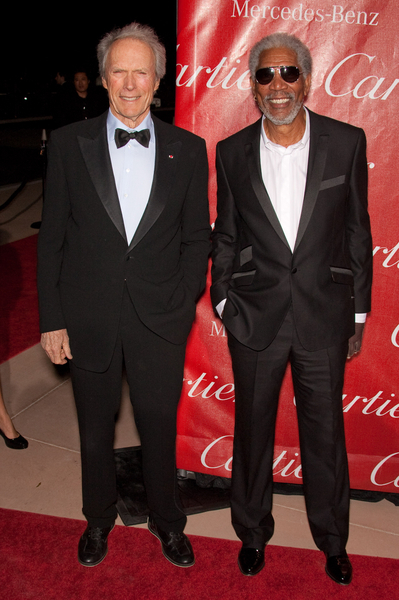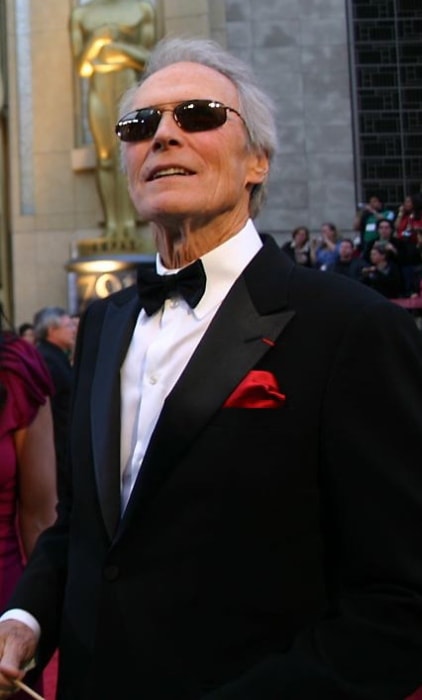How does height influence casting decisions in Hollywood? Bold statements reveal the industry's obsession with physical attributes, even for seasoned actors like Liam Neeson and Clint Eastwood. Despite their undeniable talent, both actors faced challenges due to their stature. In an era where cinematic legends dominated the screen, height became a pivotal factor in casting choices.
Clint Eastwood, a towering figure in cinema, stood at 6 feet 4 inches during his peak years. This measurement slightly diminished over time, yet his imposing presence remained iconic. When Eastwood directed and starred in his final 'Dirty Harry' film, he insisted that co-star Liam Neeson appear shorter. Such deliberate adjustments highlight Hollywood's meticulous attention to visual dynamics between characters. Interestingly, this wasn't the first instance where height dictated casting outcomes. Legendary actor John Wayne also measured 6 feet 4 inches, while James Arness reached an impressive 6 feet 7 inches. Conversely, Charles Bronson, another notable actor, was considerably shorter at 5 feet 9 inches.
| Personal Information | Details |
|---|---|
| Name | Clint Eastwood |
| Date of Birth | May 31, 1930 |
| Place of Birth | San Francisco, California, USA |
| Height | 6 feet 4 inches (193 cm) |
| Profession | Actor, Director, Producer, Composer |
| Filmography | IMDb Profile |
The irony of Hollywood's fixation on height becomes evident when considering Liam Neeson's career trajectory. Despite his commanding presence and versatile acting skills, Neeson encountered rejection due to his stature. Notably, he was passed over for a role in 'The Princess Bride' because producers deemed him too tall. This decision contrasts sharply with his later portrayal as a rugged action hero, underscoring the capricious nature of casting preferences. Meanwhile, Scott Eastwood, son of Clint Eastwood, carved his own niche in the entertainment industry. Although lacking his father's expansive fortune, Scott amassed a respectable net worth through independent endeavors. His journey exemplifies how legacy can inspire rather than overshadow emerging talent.
Hollywood's fascination with height extends beyond human actors. Animals featured in films often undergo similar scrutiny based on their physical dimensions. For instance, Roger, a renowned kangaroo from Australia's wildlife sanctuary, boasted an impressive standing height of 6 feet 7 inches—equivalent to legendary actors like Clint Eastwood and James Arness. Captured in photographs and videos, Roger displayed characteristic territorial behaviors, including vocalizations warning intruders away from his territory. These instances illustrate how perceptions of size and dominance transcend species boundaries within cinematic storytelling.
In addition to influencing casting decisions, height plays a crucial role in character development and audience perception. Directors frequently manipulate visual elements to enhance narrative impact. By adjusting camera angles or employing special effects, filmmakers create illusions that align with intended character portrayals. Such techniques ensure consistency in conveying power dynamics, vulnerability, or heroism. Moreover, public interest in celebrities' personal attributes, including height, fuels media coverage and fan engagement. Authentic sources like IMDb provide verifiable data regarding actors' biographical details, fostering transparency amidst speculative narratives.
As the entertainment industry evolves, discussions surrounding physical attributes continue shaping professional opportunities. While talent remains paramount, external factors such as height persistently affect casting processes. Recognizing this reality encourages greater inclusivity and appreciation for diverse talents irrespective of physical characteristics. Ultimately, audiences benefit from witnessing performances driven by skill rather than superficial considerations alone.



